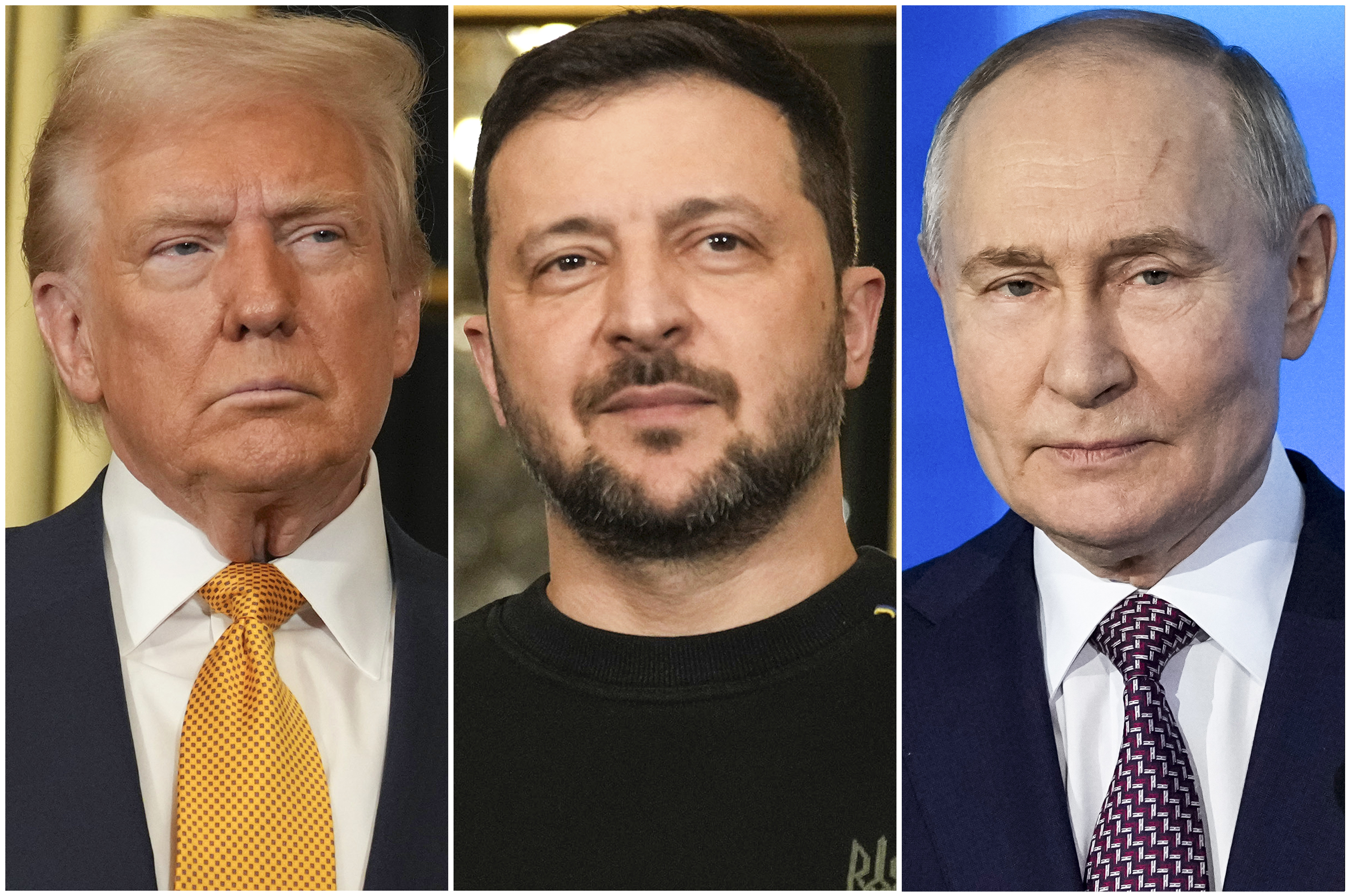If we stick to the narratives and pompous statements from the White House and Kremlin press teams, Vladimir Putin and Donald Trump's commitment to peace is unequivocal, and we are closer to the end of the war. Reading between the lines, we are at the same point as a few weeks ago. Translating the document presented by the US into real-world language, Vladimir Putin rejected, for the second time yesterday, the ceasefire proposal agreed upon by the United States and Ukraine in Saudi Arabia two weeks ago. Zelenskyy accepted a total ceasefire. Putin did not.
In its usual strategy, the Kremlin turned a proposal to stop the war into a simple and watered-down energy and infrastructure truce (the latter only mentioned in the US statement, not in Russia's), which means it will be able to continue bombing Ukrainian cities for the next 30 days without any problem. Last night, while statements were being issued, Russia launched a wave of drones and missiles, as it does every night.
This latest call includes a new trick to buy time that doesn't even reach the soft proposal made by Emmanuel Macron a month ago, which included a naval and aerial ceasefire across Ukrainian airspace. Russia continues with its maximalist positions, as if it had actually swept through its Special Military Operation that was supposed to last three days, and we are now in the fourth year of this nightmare.
In its version of the statement, the Kremlin, much more candid than the American one, admits that it does not accept Trump's proposal because "a 30-day ceasefire requires Ukraine to stop the mobilization of its armed forces and its rearmament, and to cease foreign military assistance and intelligence cooperation." In essence, what Russia demands is a surrender from Ukraine.
We are still waiting for Trump to demand something from Russia, even though his proposal has already been rejected twice, while for Ukraine, it has been nothing but humiliation, red lines, and concessions.
We know nothing about the territories occupied by Russia, nor about the Zaporizhia plant, nor about security guarantees, nor anything that just hours ago seemed crucial to be addressed and now does not even appear in the statements. Russia and the US commit to initiating "technical negotiations for the implementation of a maritime ceasefire in the Black Sea, a total ceasefire, and a permanent peace." Beyond the motivational statement from White House spokesperson Karoline Leavitt, the reality is that this could have been read a month ago, when Secretary of State Marco Rubio and Foreign Minister Sergei Lavrov met in Saudi Arabia.
Additionally, the energy truce also benefits Moscow. The deep attacks on unprotected refineries are causing considerable damage to the Russian oil and gas industry, at the same level as Moscow's bombings of Ukrainian energy distribution centers, which have caused blackouts across the country lasting sometimes three or four entire days.
Max M. Kampelman, who already negotiated Washington's arms treaties with Moscow, wrote that "when dealing with Soviet negotiators, it is crucial to be willing to stay at the negotiating table one day longer than they would have been willing to stay." Time is key and plays into Putin's favor. Trump, with his idea of a quick peace for Ukraine, has shown his own position of weakness with his rhetoric. He told Zelenski in the Oval Office argument that he had no cards to negotiate, but Trump himself has shown his cards to Putin before the game began.
Now the Russian autocrat only needs to delay deadlines, a basic tactic in the old Soviet negotiation manual, for Trump to get tired and end up pressuring Ukraine to accept whatever is offered or to withdraw military aid again. Achieving the goal of angering the US and breaking ties with Ukraine would be another major victory for the Kremlin.
Putin, an old KGB agent skilled in reading the minds of his rivals, has shown that he knows how to manipulate Trump by massaging his ego and playing with imaginary trifles like the "thousands of Ukrainian soldiers who saved their lives solely thanks to Trump."
German analyst Nico Lange states that "Putin is holding back Trump and maintaining his maximalist positions. The new working group between the US and Russia on Ukraine continues systematically turning Ukraine and Europe into recipients of major agreements. Trump will sell this imbalance as a success, and Putin will be satisfied."
Saint Andrews Strategic Studies professor Phillips P. OBrien asserts that "Trump and Putin are dividing up Ukraine and making fundamental decisions about the future of Europe, with no European leader participating in the conversation."
Trump and Putin also agreed to hold hockey games in the US and Russia, as if discussing a new match between Ivan Drago and Rocky Balboa.
